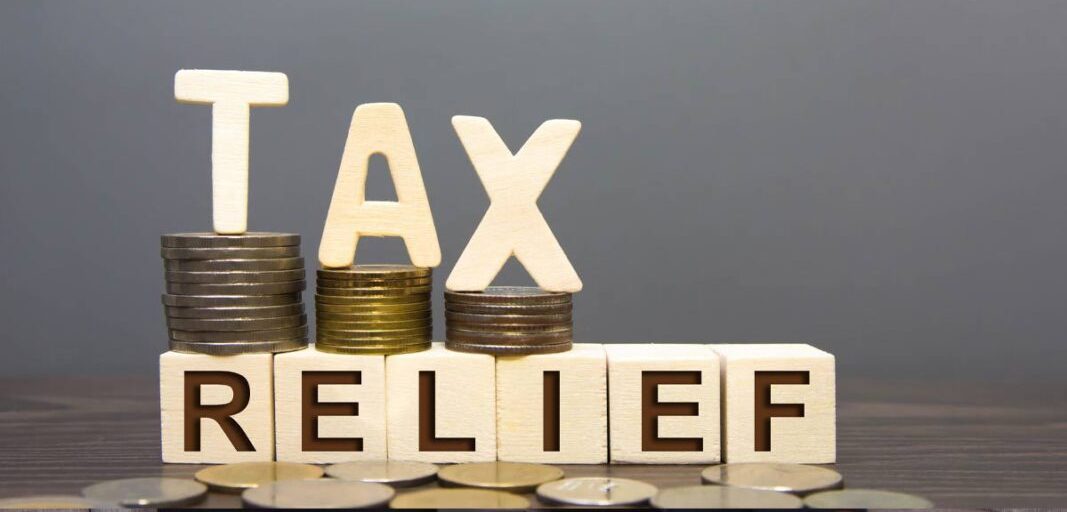- by andrews-adunkwah
- March 28, 2024
Click the link below to join Our WhatsApp group for daily brief on current trends in the country.
Join Here!
Loading

Between 2017 and 2024, the government has introduced and increased a variety of taxes on Ghanaians, including a 3% VAT flat rate, a 5% increase in VAT, a 25% increase in corporate tax, a 2% Special Import Levy, a combined 1% COVID levy and 3% VAT, a 1% COVID levy on the 2.5% NHIL levy, a 5% Fiscal Stabilisation Levy, a 5% Financial Sector cleanup recovery levy, a 1% E-Levy, and several others. These measures have drawn a lot of complaints from the public about the burden they impose.
In an interview with RGGNEWS, Martin Ohene Anim an economist called for tax cuts as a means to bolster the Ghanaian economy, arguing that excessive taxation has led to a high cost of living and hindering economic growth.
He emphasized that reducing taxes would alleviate the financial strain on consumers and stimulate economic activity.
“The reason why prices of items go up, causing a high cost of living, is the massive increase in taxes. If the government does not cut taxes and instead continues to increase them, it worsens the economic condition of the people. High taxes lead to high production costs, disadvantaging consumers whose incomes have not increased,” Anim explained.
Martin Ohene Anim acknowledged the necessity of taxes, stating, “Taxes are compulsory contributions that citizens make towards the development of any country. The government needs resources to champion economic activities that enhance the welfare of citizens. Taxes mobilize resources to finance both revenue and capital expenditures to run the administration.”
However, he criticized that excessive taxation could hinder productivity. Stating there is an optimum tax level needed to support economic activities, but if it becomes excessive, it may impact the economy, trigger inflation, and bring about other adverse economic issues.
Moreover, the economist pointed out that the sheer number of taxes, rather than just the rates, is problematic. “The number of taxes is too much, not necessarily the percentages. If the percentages are reduced but the numbers are high, it will still have a detrimental effect,” he said.
He further urged the government to focus on reducing expenditure and prioritizing essential areas over increasing taxes.

Click the link below to join Our WhatsApp group for daily brief on current trends in the country.
Join Here!
0 Comments: